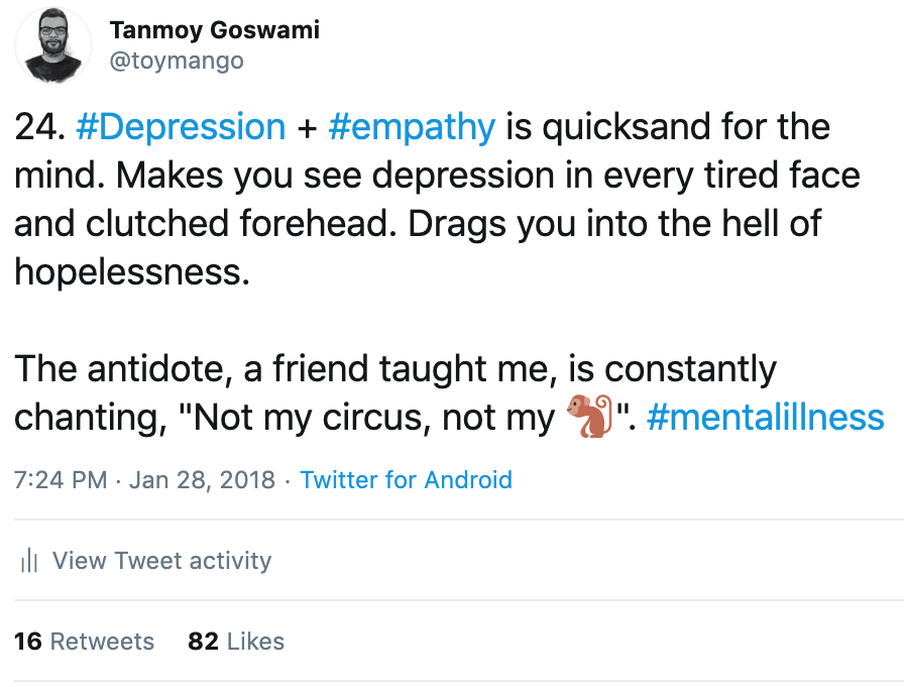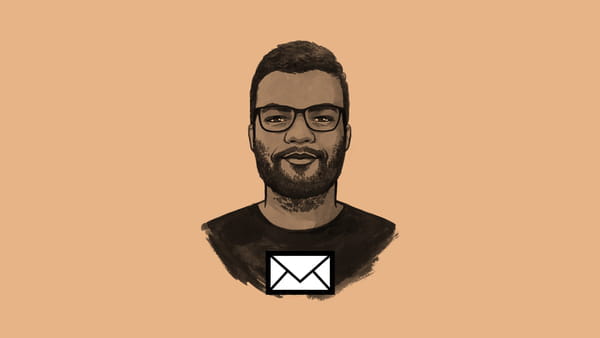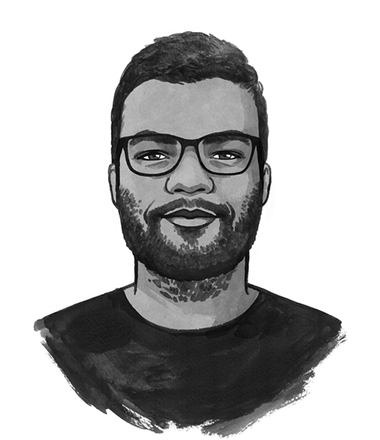Hi,
For a few years now, I’ve maintained a Twitter diary of my journey through depression and anxiety. At last count, I have posted 227 tweets. I’ve written about everything, from my flirtations with self-harm to how my illness changed our family to notes on medication and withdrawal. I think of it as a digital self-sculpture, my very own museum of pain and healing.
A lot of strangers read my tweets and slip into my DMs or WhatsApp asking for help for their friends or family. One of the most common questions I get is about how to help a suicidal loved one. I tell them I am no therapist and nudge them towards professional help. But often, during these conversations with well-intentioned friends, colleagues or family members, I begin to see that what they really want help with is managing their own reaction to the morbid fantasies of others.
Of all the things we learn in life, how to deal with someone who doesn’t want to stay alive isn’t one.
Making sense of a loved one’s suffering is one thing. Seeing suffering everywhere is quite another. If you are a person with empathy who’s also struggling with their own demons, your tendency to see suffering on every face can be a particularly helpless and disempowering feeling. It’s a feeling I’ve felt so many times that I now actively dread it.
This combination - depression + empathy - strips all sense of perspective and leaves you with only a pathetic, flailing saviour complex. You want to protect everyone from themselves. Scream, ‘don’t go there!’ because you have been there. Even if the person before you has no intention of going anywhere, you don’t believe them. "You’ll see, you’ll see," you snigger.
This little-talked-about emotional state might be more common than you can imagine, which probably explains why of my 227 tweets, the one with the most likes is tweet no. 24:

It is comforting for people to be told that it’s okay to feel a little less. It doesn’t make you a bad human being. It just makes you human.
But I have started to wonder what the costs of this posture are. It was triggered by my own reaction to a recent tweet where someone expressed a suicidal urge. I should say "lack of reaction" - because that’s what it was. I didn’t feel a thing. Nothing. Where earlier I’d have jumped into saviour mode, sent the person a message, tried to find out a common friend, this time I scrolled right past the tweet.
Later, as I thought about my uncharacteristic apathy, I expected to be overcome with shame and guilt. But nope. I didn’t feel any of that either. I was taken aback by the sheer novelty of this experience.
I remembered my therapist telling me that overexposure to human suffering can do this to you. And I panicked, because I don’t want to stop feeling.
Does this story ring a bell? Do you ever worry that you are going numb from seeing too much suffering, and how do you cope with it?
Until next week.
PS: If any of the issues raised in this piece resonate with you or someone you know, please know you don’t have to suffer in silence. Seek professional help.
 Would you like this newsletter sent straight to your inbox?
Subscribe to my weekly newsletter where I dismantle myths around Sanity, discuss the best ideas from our members, and share updates on my journalism.
Would you like this newsletter sent straight to your inbox?
Subscribe to my weekly newsletter where I dismantle myths around Sanity, discuss the best ideas from our members, and share updates on my journalism.

